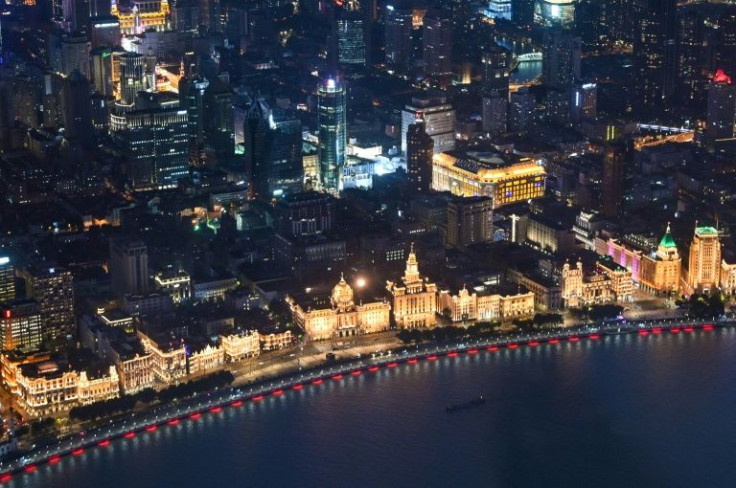Fed Up With Lockdowns, China’s Rich Want To Leave Home: Where Would They Go?
Most countries have ended pandemic lockdowns, using other policies to control the spread of new Covid-19 variants. But unfortunately, that’s not the case in China, which has made lockdowns a permanent feature of daily life, restricting further the freedoms of Chinese people further.
The problem is that they have had enough of the lockdowns, including the rich who want to leave home, according to a recent Financial Times report, which gathers data on immigration inquiries with consultants and Internet searches.
The findings of the Financial Times report are consistent with the Q2 2022 Henley Global Citizens Report, released recently. It showed that 10,000 wealthy Chinese with a net worth of $48 billion want to leave China, the second largest group of wealthy people looking to leave their home country after Russia.
The desire of China’s rich to leave home isn’t new. It stretches over several years, as evidenced by several surveys by the Huron Institute, which provides a list of countries where wealthy Chinese want to immigrate and make a new home.
For instance, according to a 2017 Huron Institute survey, America is the top destination, followed by Canada, the UK, and Australia. Moreover, that was the third year America was the ultimate destination for the wealthy Chinese, despite ongoing trade disputes between the two countries and harsh criticism of Beijing of Washington’s policies at home and abroad.
Apparently, China is a good place to accumulate wealth, but it isn’t an excellent place to live and enjoy that wealth. America is a better place. Why? What does the American society possess that China has yet to develop? It’s hard to say, as different individuals have different lists of the things they like in a society.
But there’s one aspect American society has developed and preserved for more than two centuries that Chinese society is still missing- the right mix of free markets and government institutions.
How? By deploying each institution in areas of society it works the best: Free market institutions in creating wealth, and government institutions in creating a “general equality of condition among the people—” to quote Alexis De Tocqueville.
Government institutions protect civil liberties and economic freedoms. In addition, government institutions address market failures, taking care of areas of society where free markets do not yield the best results, like the production and allocation of public and mixed goods and sectors of the economy in which individual interest conflicts with social welfare. For example, free markets are inadequate in providing and allocating goods such as health and education and protecting citizens from occupational and environmental hazards.
China has yet to develop and maintain this right combination of free markets and government institutions. As it deploys the two institutions backward, in areas of society, each institution fails. For example, China deploys the government to allocate economic resources to produce private goods and services. Beijing and Prefecture governments act as the ultimate landlords, entrepreneurs, and managers, running almost every major bank and financing the debt of State-Owned and Town Village Enterprises. At the same time, they fail to address market failures such as environmental hazards that affect the quality of life of its citizens, including those of the rich who want to leave home.

© Copyright IBTimes 2025. All rights reserved.





















